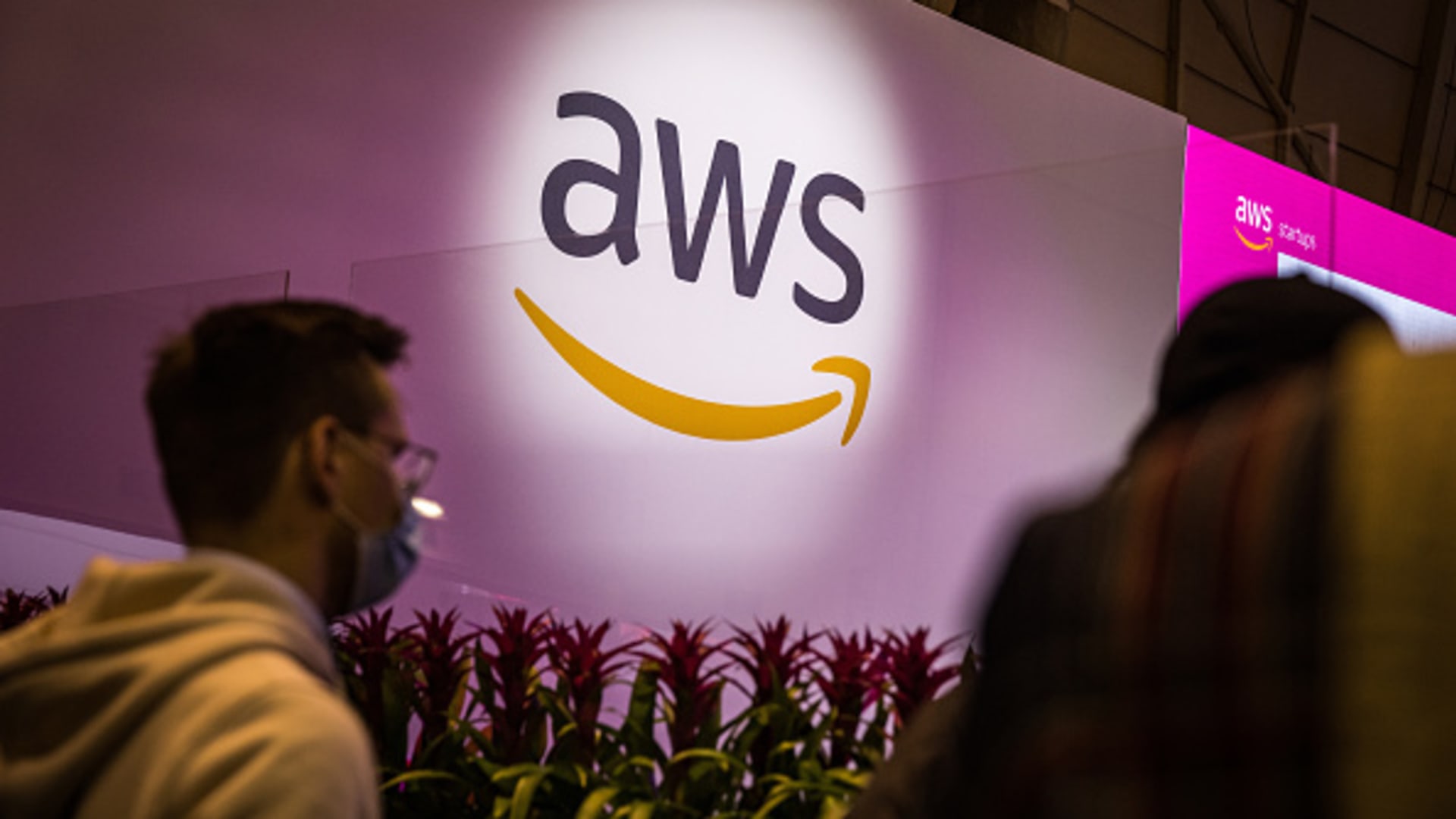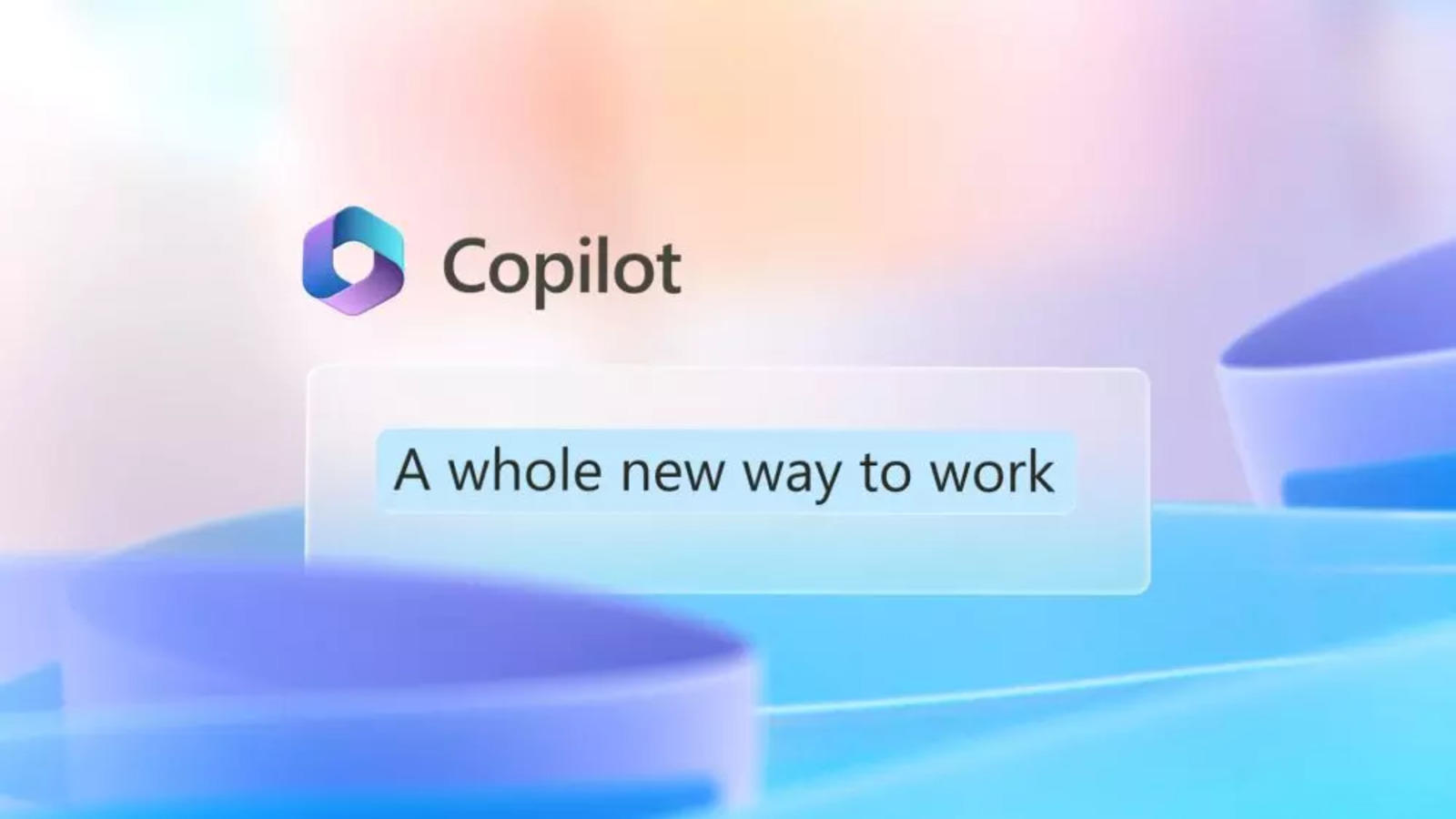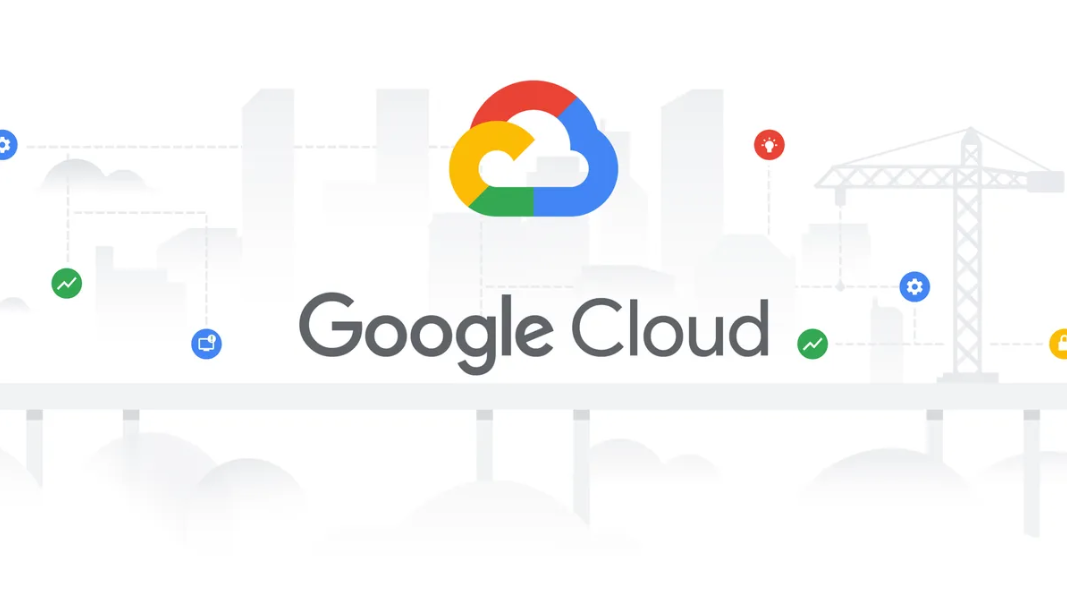Just like the periodic table is foundational to chemistry and the Human Genome Project created a revolution in modern genetics, researchers at the Allen Institute for Brain Science have partnered up with Amazon Web Services for creating possibly a transformative resource for the neuroscience field.
AWS announced its technology will support the Allen Institute for Brain Science as it builds a map of the human brain, termed the Brain Knowledge Platform. This platform is the first of its kind, which is designed to be a complete reference of an individual’s brain cells, and should ultimately serve as the largest open-source brain cell database in the world.
To build the new Brain Knowledge platform, the Allen Institute for Brain Science is utilizing single-cell genomics technologies. Researchers measure the genes utilized by individual brain cells for creating a cell fingerprint, and cells with the same fingerprints will be grouped into cell types and that will result in a high-resolution map of the complete brain.
Once the reference is complete, scientists will better understand the links between different cognitive functions and genetics. Researchers believe that the Brain Knowledge platform will provide insights into why diseases such as Alzheimer’s and Parkinson’s occur.
Dr. Ed Lein, senior investigator at the Allen Institute, said, “This really is like the periodic table for the brain. It’s revealed in dramatically higher complexity than we’ve ever had access to before. We’re just running into these enormous, enormous problems of data size. The scale of data just keeps getting bigger and bigger.”
Allen Institute for Brain Science is leveraging the cloud computing and machine learning capabilities of AWS to standardize as well as consolidate complex brain cell data into one place.
Lein added, “While this is really in its early phases now, the goal of the Brain Knowledge Platform is to transform this fragmented landscape of neuroscience information into a unified ecosystem. The Allen Institute will work to build the Brain Knowledge Platform over the next five years. It is still in its early phases, but the potential for the tech is immense.”
Lein concluded, “If we can do this, imagine the impact on the field. We can unify the disparate parts of the field that can’t talk to one another at the moment. We can accelerate our understanding of brain function, as well as new approaches to treating diseases.”





